- Home
- slideshows
- miscellaneous
- The tech M&A market fell off a cliff last quarter - these 9 charts and slides show why
The tech M&A market fell off a cliff last quarter - these 9 charts and slides show why
The number of tech deals fell 17% from the first quarter.

But the value of those deals dropped much farther — a whopping 49%.
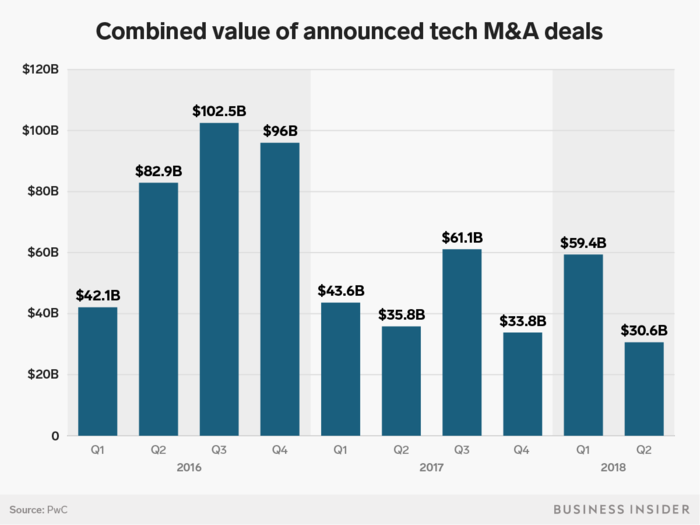
The combined value of tech deals in the second quarter was the lowest amount for any quarter since 2013, according to PwC.
Part of the reason for the huge decline was a lack of megadeals.
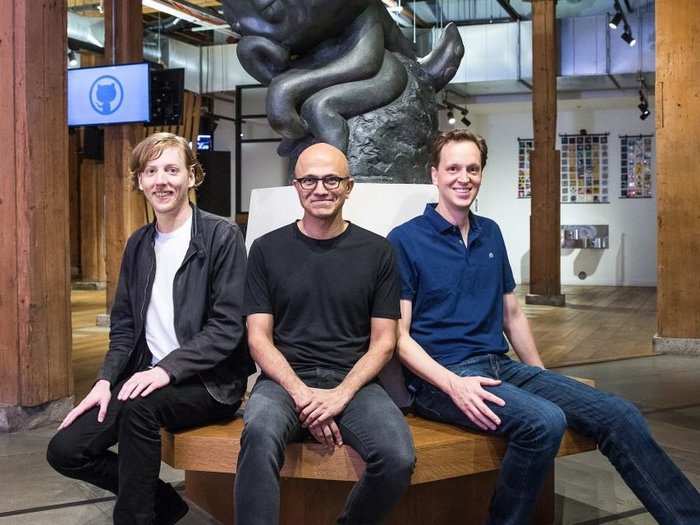
PwC defines megadeals as those valued at $5 billion or more. In the second quarter, the only announced tech deal meeting that criteria was Microsoft's $7.5 billion acquisition of GitHub.
By contrast, the first quarter saw four megadeals that were collectively worth around $30 billion, according to PwC.
But much of the deal drop-off is due to the chip sector.
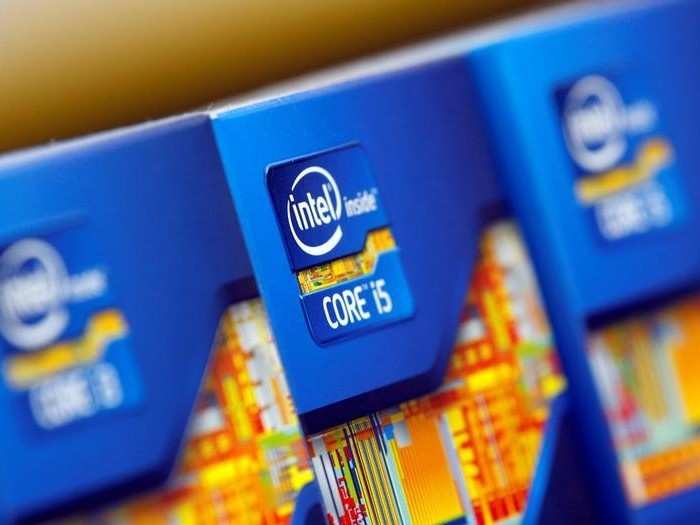
The number of deals in the semiconductor sector fell from 17 in the first quarter to 13 in the second. But the combined value of chip deals fell much more dramatically, dropping from $9.2 billion to just $800 million over the same time period.
You can blame the chip-deal slump on political factors.
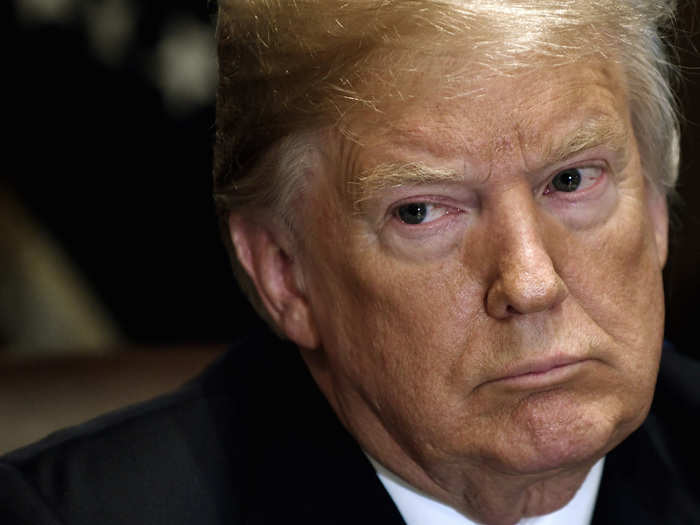
The Trump administration blocked Broadcom's planned takeover of Qualcomm, prompted by national security concerns. It also has been subjecting similar deals involving makers of certain technologies by foreign companies to stricter national security scrutiny. That's helped cool interest by foreign companies in chip firms.
But Trump isn't the only one to blame for the falloff in chip deals. Qualcomm dropped its own planned acquisition of NXP after it failed after nearly two years to get Chinese regulators to sign off on the deal.
Waning interest from non-tech companies also contributed to the decline.
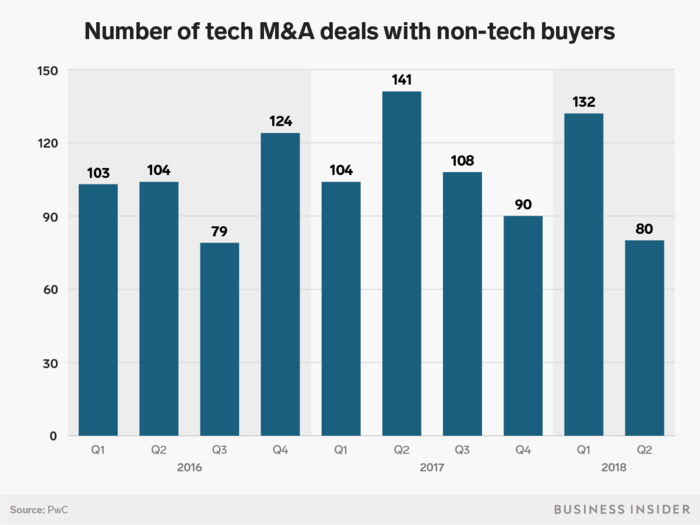
The surge in deals in the first quarter was due in part to the swarm of non-tech companies swooping in to snap up tech firms. But that swarm dissipated in the second quarter, as the number of deals involving non-tech firms fell 39%.
That waning interest was even more dramatic when looking at the value of such deals.
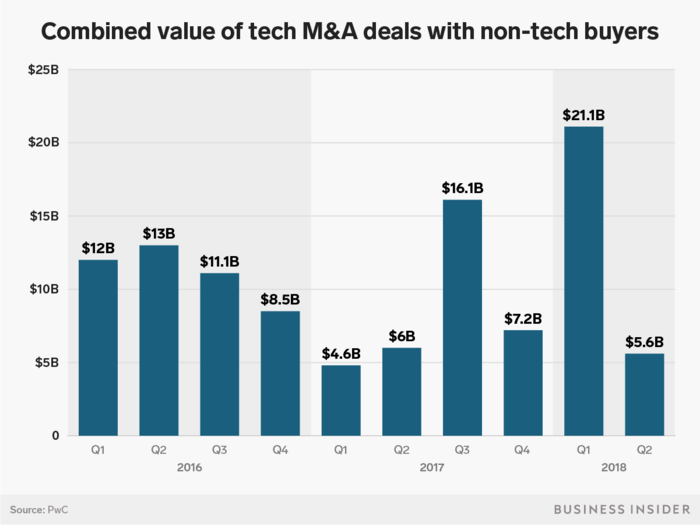
The combined value of the announced tech deals involving non-tech buyers plunged 73% from the first quarter to the second quarter. The value of such deals was the lowest it had been in any quarter in more than a year.
The only significant deals involving non-tech buyers were the acquisitions of Verra Mobility and Web.com group by private investment groups.
But something else is likely affecting the M&A market — the uptick in initial public offerings.
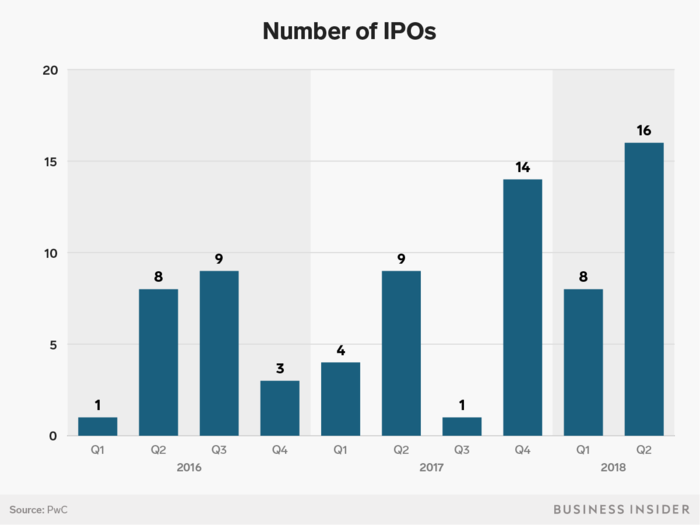
The tech IPO market has been resurgent this year and particularly in the second quarter. Already, more tech firms have gone public than in all of 2016 and tech bankers are expecting a strong second half of the year.
The IPO and M&A market are interrelated. Despite this year's rebound, the number of tech IPOs is down markedly from the 1990s, in large part because a growing number of startups are being acquired before they go public.
There was good reason for companies to go IPO — investor demand.
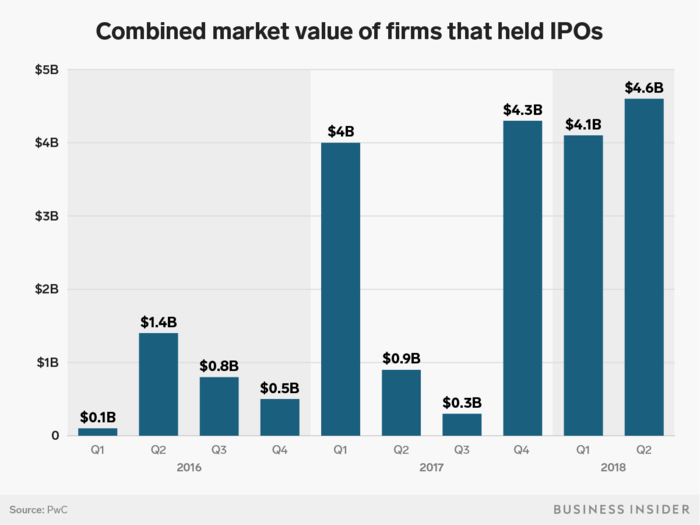
Investors have been hungry for public offerings from fast-growing tech firms. That demand showed up in the valuations awarded to newly public companies.
The combined market capitalization of firms that went IPO in the second quarter was the highest since at least 2015. And that doesn't include the $26.5 billion valuation given to Spotify, which took a non-traditional route to go public.
Popular Right Now
Popular Keywords
Advertisement